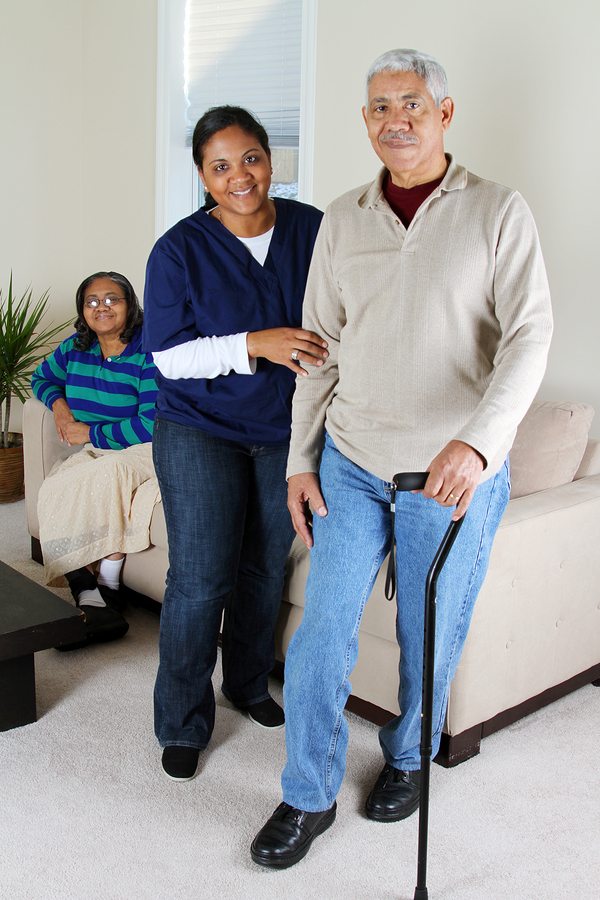
Dylan was 78 years old when he had his first heart attack. Looking back he recognized some of the earliest signs of a heart attack, even though he didn’t pay closer attention to them. While he was in the hospital undergoing a battery of tests, he kept thinking about the tightness in his chest, the pain in his arm, the feeling of excessive fatigue, and more. When his doctor finally came in to talk about the situation, his health, and prospect of recovery, he was quite surprised.
Dylan had certain expectations.
Everyone has expectations. Dylan was no different. He expected the best years of his life were now officially behind him. He expected he would have to give up playing golf. He expected he would need to consider moving into a nursing home or some of the facility before long. He expected not to make a good recovery.
After all, in his mind, how likely would it be that he could get back to any semblance of normalcy following a heart attack?
What Dylan didn’t quite understand was even though his heart may have been damaged to some extent, his doctor had high expectations for him. His doctor advised him to exercise regularly after a week at home. He was advised to get home care support. He was advised to change his diet.
All those things were going to impact of his recovery and reduce the risk of a hospital readmission. He didn’t want to see this hospital again, not just in 30 days but for years and years to come.
Dylan learned that his recovery depended on him.
Far too often, even though he didn’t think about it much, Dylan assumed that when a person had been hospitalized following a major medical emergency like a heart attack, their recovery really wasn’t dependent on them but the severity of the attack itself.
Yes, the severity of a heart attack can have serious implications on a person’s life moving forward, but thanks to modern developments, technologies, and support, most people can return to some semblance of normalcy.
Dylan learned that it was his choice to listen.
Dylan received advice from his doctor. It was his choice whether or not he adhered to that advice. He wanted to enjoy life still so there really was no doubt in his mind; one of the first things he did was hire a home care aide and scheduled work with a physical therapist.
As for Dylan and every other person hospitalized, recovery all comes down to a person’s understanding, willingness to listen to advice, and dedication to that recovery process.
If you or an aging loved one are considering hiring caregiver services in Spartanburg, SC, contact Heart of the Carolinas Home Care at 864-991-3116. Providing Home Care Services in Greenville, Simpsonville, Greer, Anderson, Spartanburg, Mauldin, Seneca, Laurens, Charleston, Columbia and the surrounding areas.
- Home Care Assistance Helps Seniors After A Fall - April 9, 2025
- How Home Care Supports Seniors Who Are Hard of Hearing - March 28, 2025
- Why Seniors Should Consider Companion Care At Home - March 10, 2025

